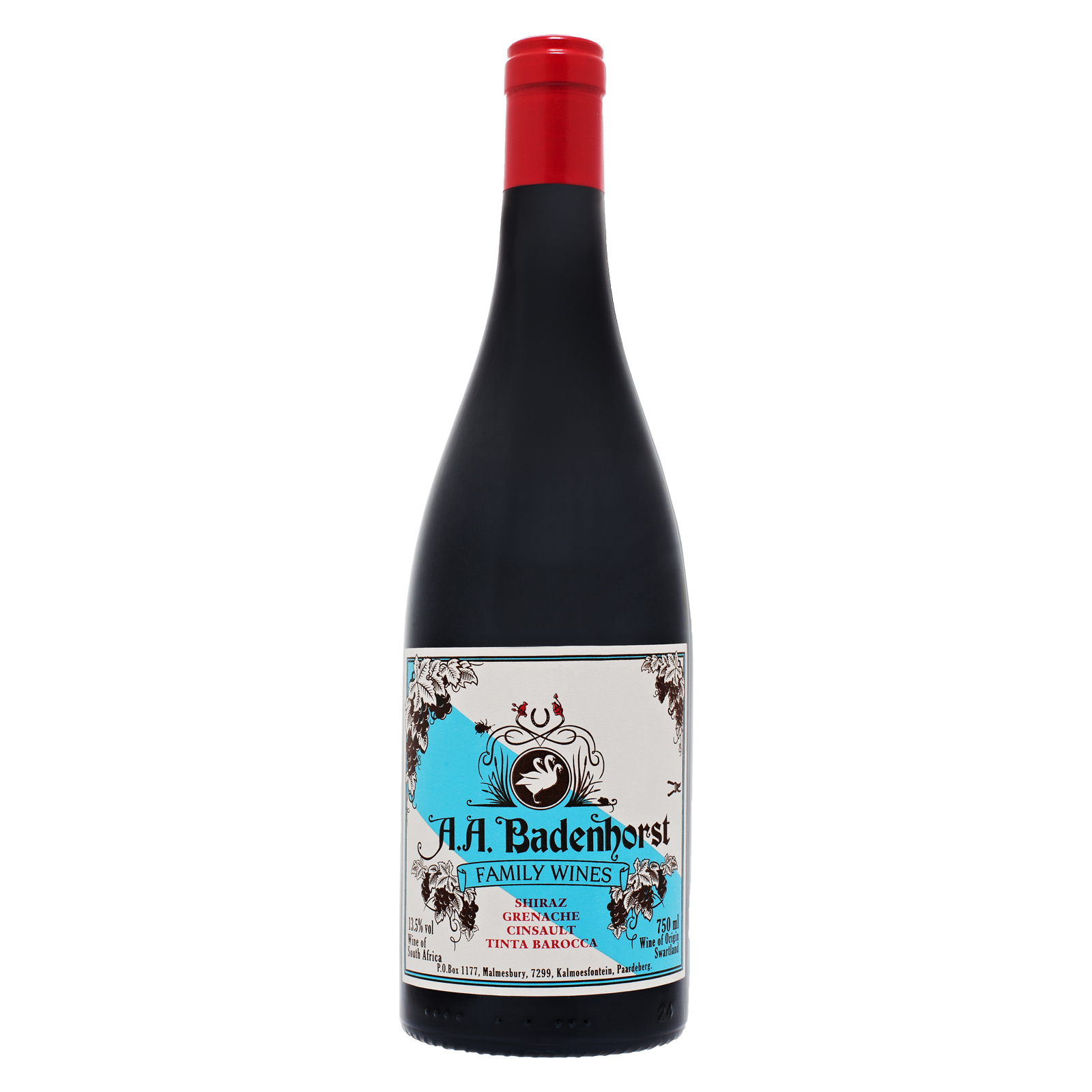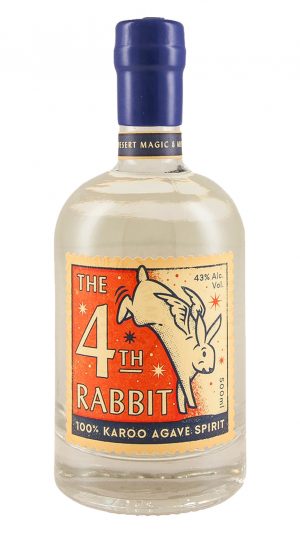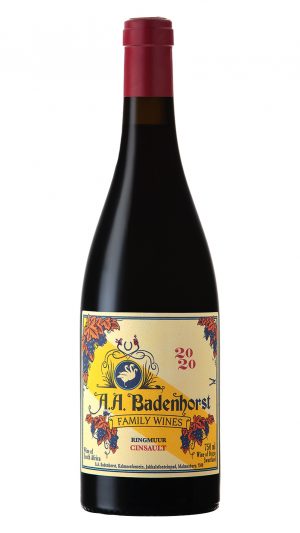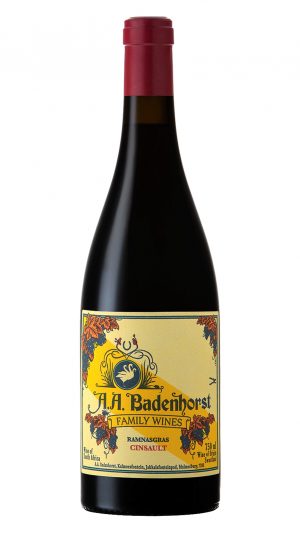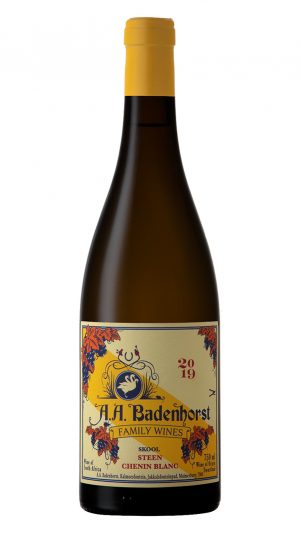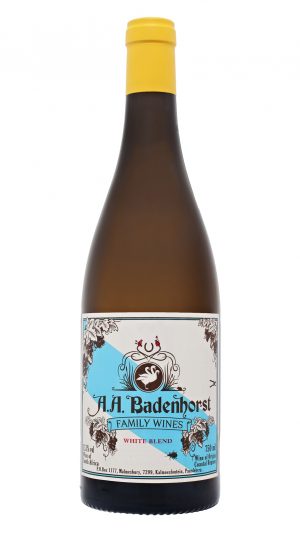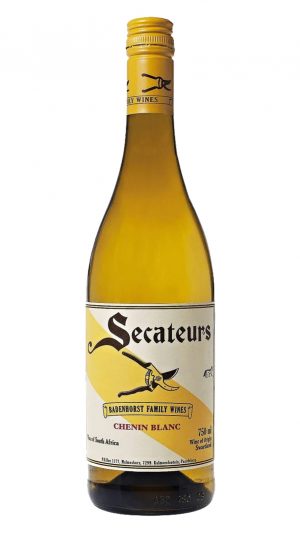Badenhorst Family Red 2017 / 2018
Type: Red
Country: South Africa
Region: Swartland
Grape Variety: Shiraz, Cinsault, Tinta Barocca, Grenache and Touriga Nacional
Viticulture: Natural Wine | Biodynamic | Certified Organic
Rating: 93 Robert Parker Points
Climate: Warm and dry summers, cool and damp winters
Terroir: Vines are grown mainly on mountain slopes and were planted on a variety of granite soils from the late 1960s to the mid-1970s
Winemaking: Same day manual harvest. The grapes are sorted meticulously in the vineyard and transported in small picking boxes to a refrigerated container where they are left overnight to cool down. The following day, the grapes are transferred to fermentation vessels made of concrete or wood. No grapes are crushed or de-stemmed and minimal sulphur is added at this stage. The grapes are then “foot stomped” to extract juice to assist the onset of natural fermentation. Once fermentation has started the tanks are pigeaged twice daily. The grapes fermented in closed concrete tanks are left on their skins for 6 months before pressing. The wine was pressed into used 4000L and 8% new 600L casks for a maturation period of 16 months. During this time the wine was topped regularly but not racked until the final blends were made up before bottling
Color: Ruby red
Nose: Aromas of black cherry, white pepper, dried flowers and liquorice
Palate: Laden with fruit, deep with savoury complexity and has a delicious berry fruit and lavender-flecked finish
About the Winery:
From three generations of winemaking stock, Adi Badenhorst was destined to be the best. Time in the Rhône, New Zealand and as a winemaker at Rustenberg polished his talent before he (along with his cousin) brought his humble vineyard in the Paardeberg complete with gnarled vines and a run-down winery. He is now one of the leading players in ‘The Swartland Revolution’, a group of pioneering young winemakers, including Eben Sadie, Chris Mullineux and Marc Kent, making wines from the amazing raw materials that are part of the Swartland’s grape-growing legacy – a legacy that dates back centuries.
There are few young winemakers in South Africa that haven’t benefitted from his mentorship. This furry-faced whirlwind can be such a big personality – one of those ‘force of nature’ types – that people forget just how brilliant a winemaker he actually is.
The winery is located on a mountain range which is a granite outcrop. Three distinctive types of granitic soil are found on this property—Paardeberg, Lammershoek and Lemoenfontein granites. The soils are extremely old and considered by many to be “low potential” as vine growth is not as luxuriant as in other areas. Yields are generally quite low, averaging 3–4 tons/ha for Chenin Blanc. No irrigation is used as the soils have the potential to store a good amount of water which slowly releases during the growing season. Rainfall is around 480mm a year, falling mainly in the winter months of May–August/September. Winters tend to be cold and wet, and leaf fall is quite sudden with the onset of Winter. Otherwise, the weather is pretty much Mediterranean.

